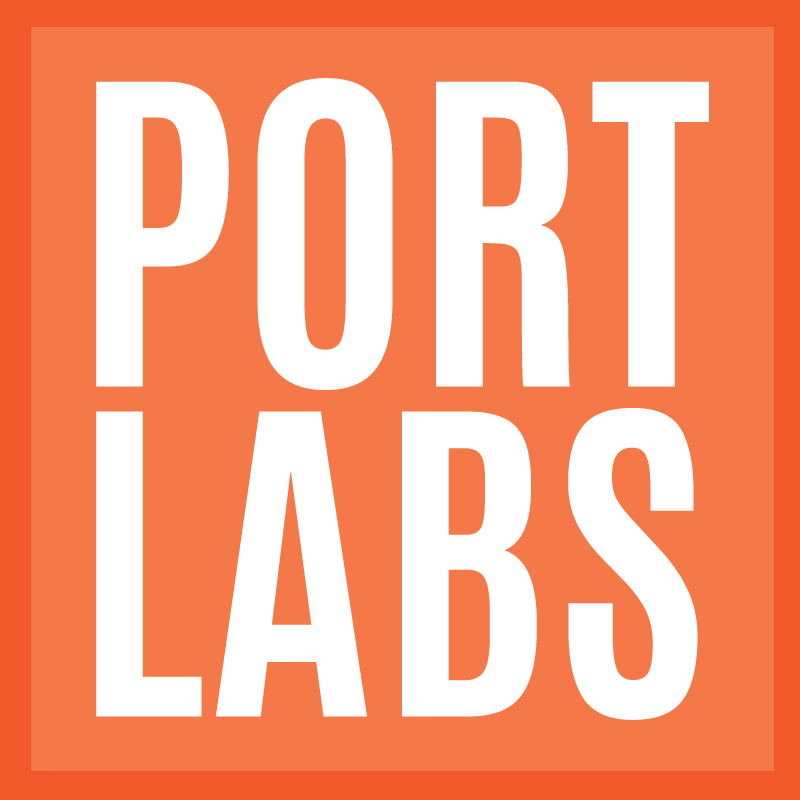Fab Cities – Coming to You Soon (-ish)
By 2054 all cities will be self-sustaining... or at least the cool ones.
The Fab City Global Initiative launched in 2011 by the MIT Center for Bits and Atoms, the same place that introduced Fab Labs to the world. Building upon the concept of the Fab Lab, bit by bit and atom by atom, a Fab City will be growing it’s own food, manufacturing it’s own goods, and powering itself in an efficient net zero loop.
Fab Lab grew from the intriguingly titled and wildly popular course at MIT called, How To Make (Almost) Anything. The class which was started in 2001 used advanced manufacturing tools such as 3D printers, CBC Routers, Laser Cutters, electronics benches as well as traditional hand tools to make, as advertised (almost) anything. Today there are almost 1300 Fab Labs around the world and the Fab Lab model will support the Fab City movement, but much more will be needed to make the shift to self-sustaining cities - it’s not just a technological shift, we’ll also need a deep cultural shift in how we think about and relate to cities.
Thomas Diez who launched the Fab City project in Barcelona said, “Fab Labs are not about technology, however, they are about the culture around technology. And they are spreading fast….I can design something in Barcelona, and without using fossil fuel, create the identical product in Cape Town, Wellington or Tokyo.” In terms of how the Fab Labs contribute to the landscape of a Fab City, Diez says, “A fab city is not a city full of fab labs. It’s ecosystem that is varied, coherent and connected.”
Today there are roughly 30 member cities representing each continent (except for Antarctica – which surprisingly doesn’t have a Fab Lab yet) including about 10 new cities which announced their intentions to join the initiative a few weeks ago at the Fab City Summit in Paris. The theme of this summit was Fabricating Resilience.
Think for a moment what a resilient, self-sustaining city looks like. It will be interconnected with all other member cities through open-sourced technology and processes. It will be adaptable, nimble, and, in theory equitable.
...Only 36 years to go
Be sure to check out upcoming posts about Fab Cities:
Utilities
Tech
Food and Beverage
Entrepreneurship
Industry
Workforce
Equity

